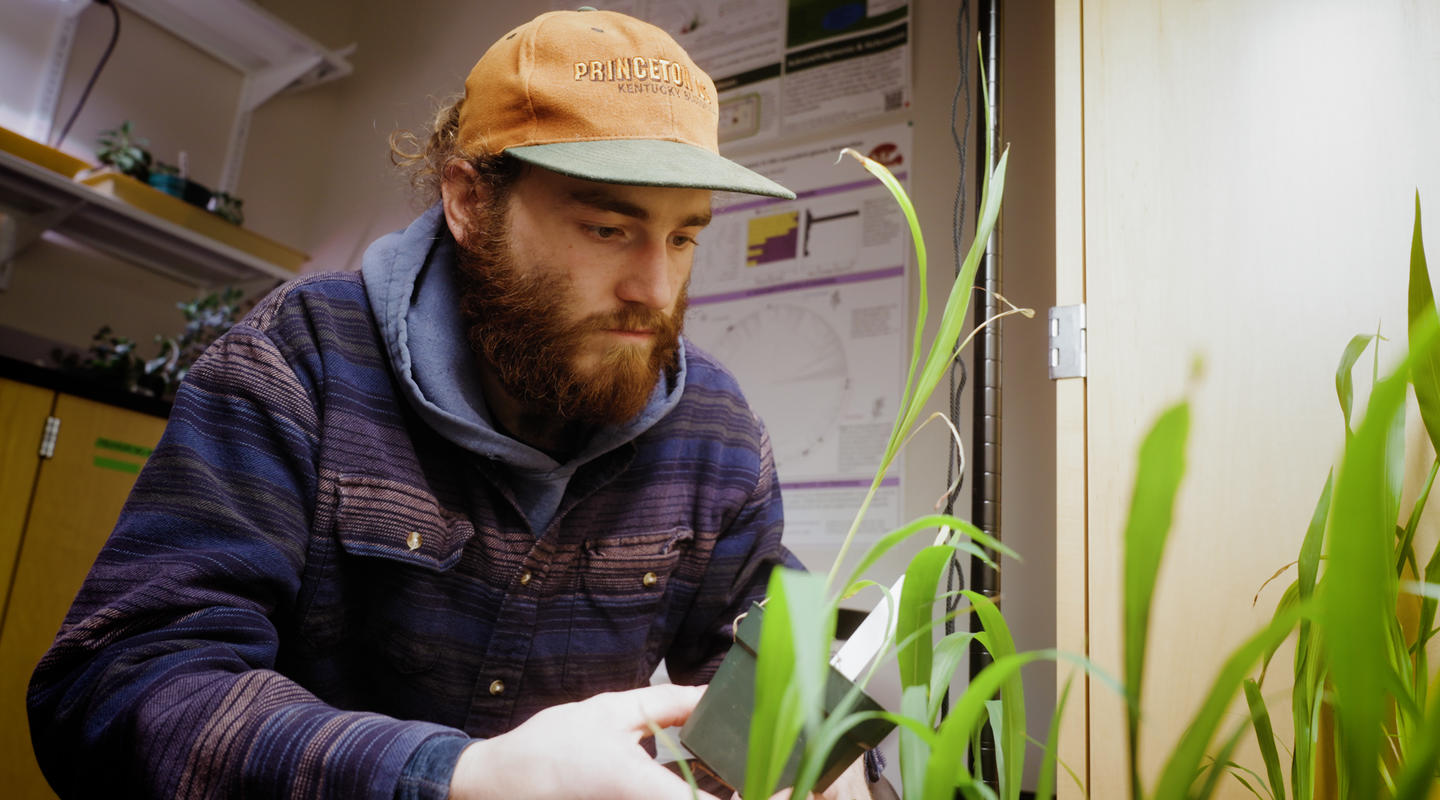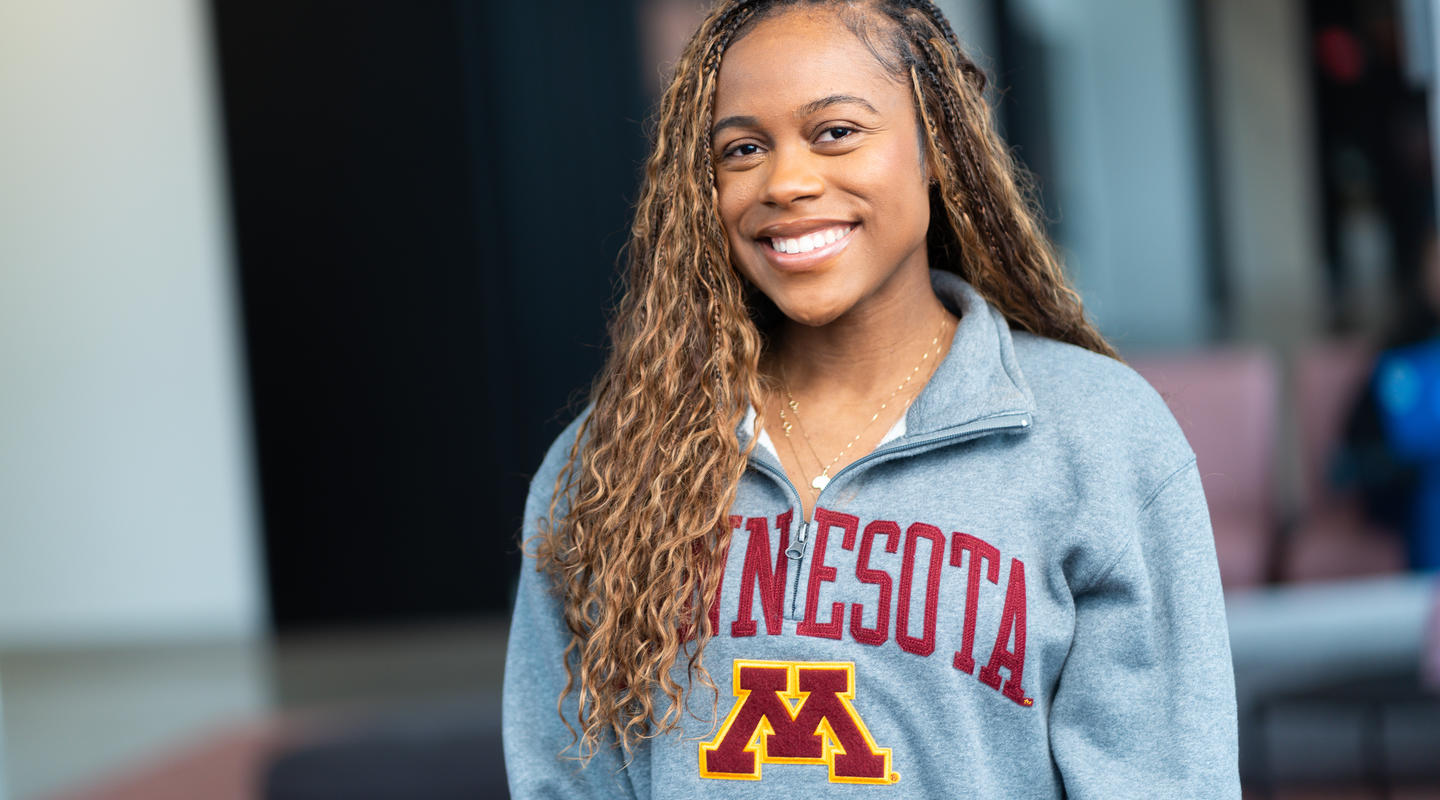Why they want to become a therapist:
“With the George Floyd incident, we saw police brutality again sweep through the Black community, and that generational trauma getting uplifted again. With that, you see so many Black Americans specifically having all these mental health problems and not going to get help for it. I haven’t seen a lot of Black therapists, and I want to change that.”
On becoming a tattooed therapist:
“I don’t mind disclosing this, but I have bipolar and I also have depression. I have a personal goal of being a tattooed therapist, because everybody thinks tattoos are bad and scary, and I want to show that [therapy] is not scary. And with my personal experience and personal appearance, I want to show that like, hey—everything is not what it looks like and what it seems to be.”
What receiving the University of Minnesota Scholarship in honor of George Floyd means to them:
“With the George Floyd Scholarship, I want to point to the Black community, but I also want to point to my Black trans brothers, sisters, and people, because we’re not heard loud enough—we’re not heard at all most times. We’re usually stepped on by other people. With what I want to do, I want to make them heard, and I want to bring light to these issues.”
Support diversity, equity, and inclusion at the University of Minnesota.


